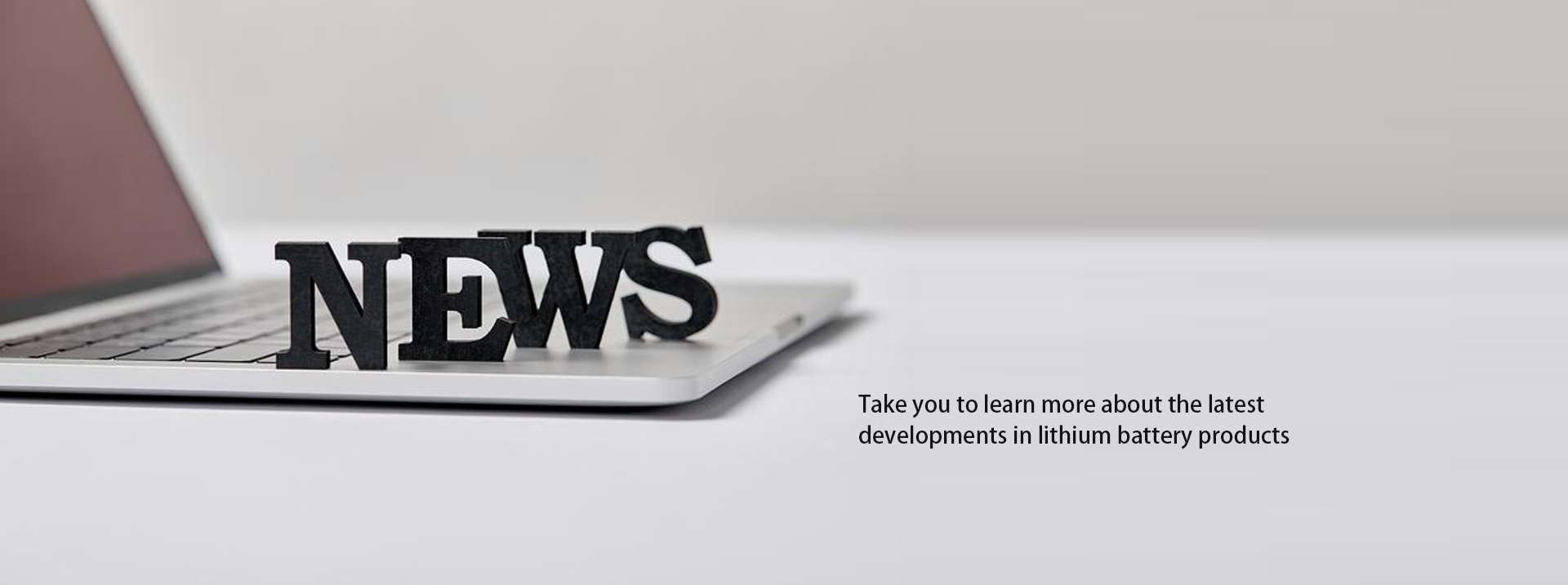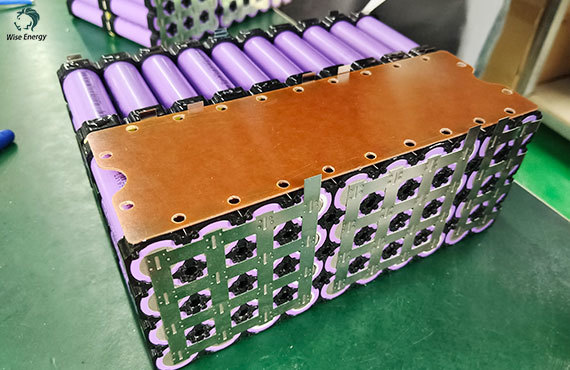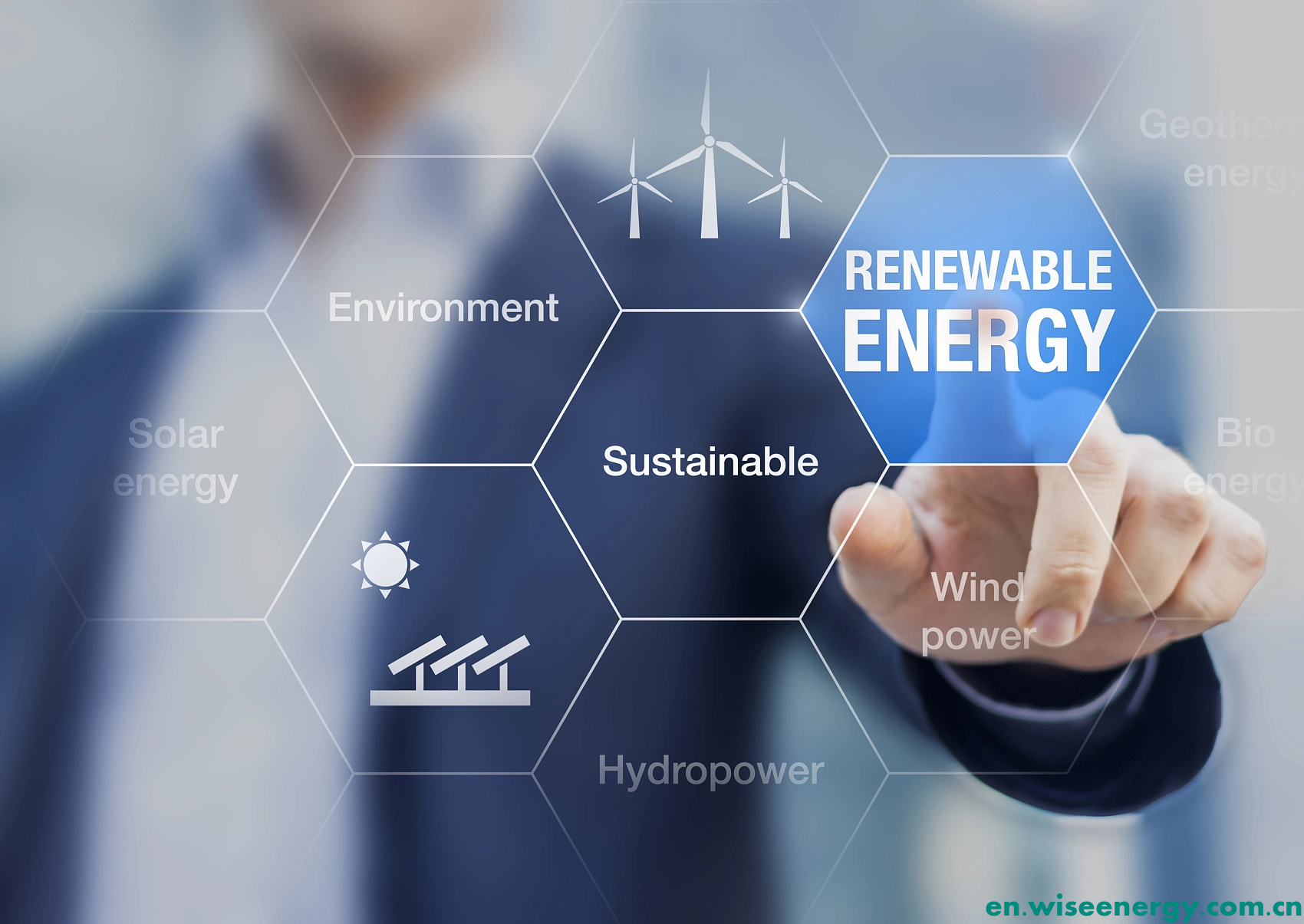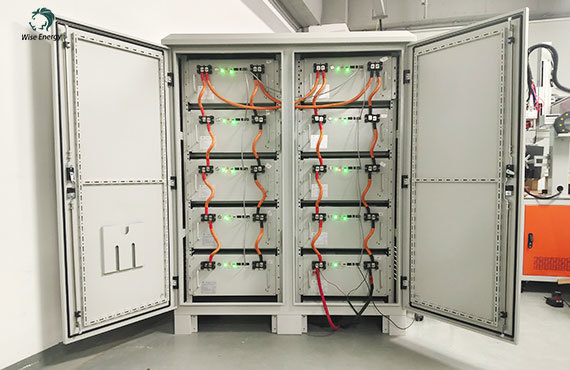First Wave of Power Battery Retirements: LTO Batteries Poised to Disrupt the Market
Release time:
2024-07-09
lithium titanate battery "long life" environmentally friendly performance, effectively alleviate the ecological crisis brought about by new energy vehicle batteries, more broad market prospects and application value, is to help green ecological civilization construction of a better choice.
With the rapid growth of new energy vehicle ownership, power battery decommissioning volume is also gradually climbing, the first batch of power batteries into the market ushered in the "retirement wave". According to the China Automotive Technology Research Center data show that as of 2020, the cumulative domestic retired power battery more than 200,000 tons, and in the next five years, the data will be as high as 800,000 tons.
Relevant practitioners said that the power battery is a consumable, the performance with the number of times of charging and decay, when the actual capacity of the battery declines to below 80% of the rated capacity, it is no longer suitable for vehicles, passenger cars and perhaps even shorter.
There are reports that a Finnish car owner bought a 2012 internationally renowned brand of electric used car, drive 1500 kilometers after the problem, the dealer told the owner of this no way to only replace the battery, and the cost of replacing the battery is at least 20,000 euros, while the car's second-hand market price of only 35,000 euros or so. Therefore, the high cost of replacing the battery is difficult for most car owners to accept, and has become a major pain point for new energy vehicles.
Environmental pollution should not be ignored, experts say that a 20 grams of cell phone batteries can make 1 square kilometer of land was polluted for about 50 years, the volume of larger power batteries, such as no scientific recycling, will cause a huge ecological disaster.
Power battery contains cobalt, manganese, nickel and other heavy metals, can not be degraded. Taking manganese as an example, it will pollute the air, water, soil, etc. When the manganese in the air exceeds 500 micrograms per cubic meter, it can cause manganese poisoning; if you drink water with high manganese content, the central nervous system of the human being will be harmed, and even tremor, intellectual decline and other symptoms of poisoning may occur. The lithium hexafluorophosphate in the electrolyte can be easily hydrolyzed in the air environment to produce phosphorus pentafluoride, hydrogen fluoride and other harmful substances, which may pose a greater threat to the environment.
With a large number of new energy vehicle power battery into the end-of-life link, how to deal with decommissioned batteries has become an imminent development problem. Do a good job of power battery recycling work, for the protection of the ecological environment and social security, improve the comprehensive utilization of resources is of great significance, and at the same time to promote the healthy development of the new energy vehicle industry is also of great significance. Retirement down the battery, both may be the energy carrier, but also may cause a heavy environmental burden, the industry is at the root, seeking a disruptive innovation battery cycle life of the technology.
In October 2020, the international environmental protection organization Greenpeace and the Chinese Environmental Protection Federation jointly released the "for the resource renewal: 2030 new energy vehicle battery circular economy potential research report," pointed out that by 2030 the global passenger electric vehicle power battery will face a total of 463GWh of large-scale decommissioning. In order to alleviate the global "lithium battery landfill" crisis, Swiss AGV equipment manufacturers have been using lithium titanate batteries as the power battery of their AGV intelligent carts.
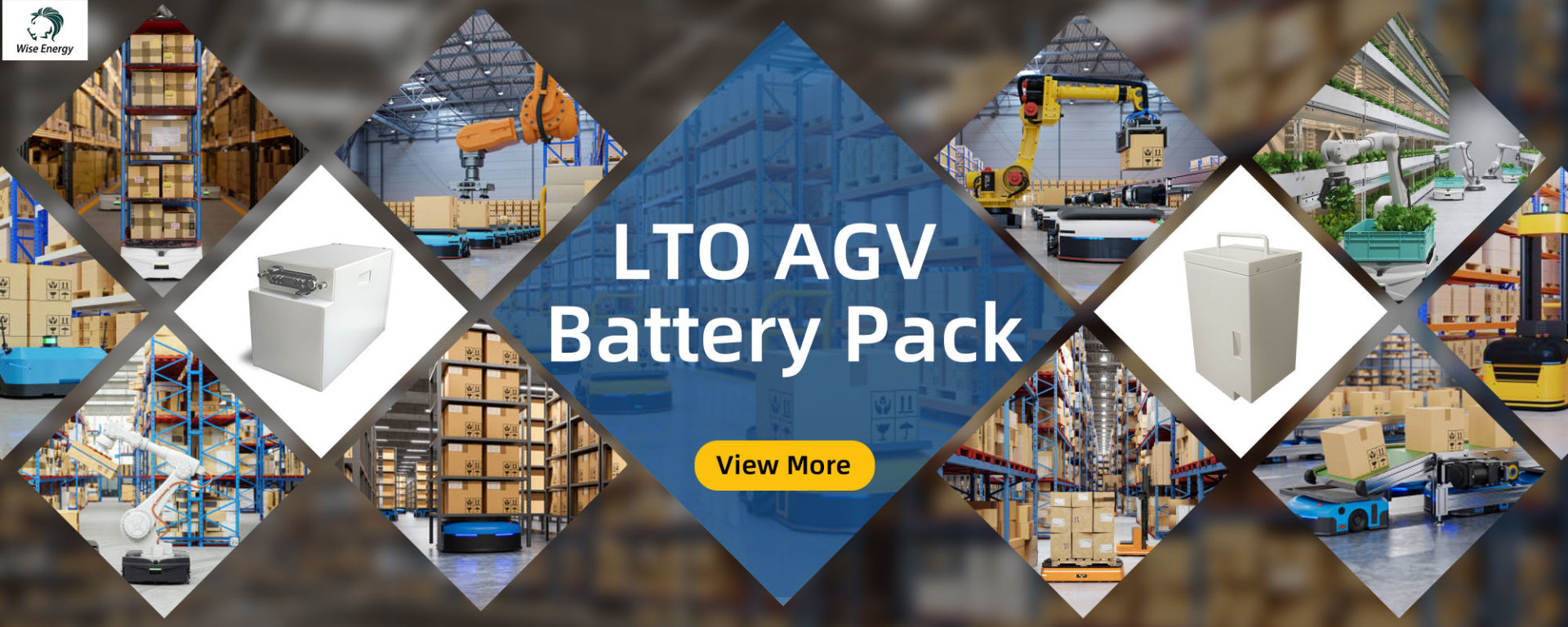
The relevant person in charge said, "There are many types of power batteries, but we do not want to create more 'waste' batteries, only lithium titanate battery can do ultra-low temperature multi-scenario, long life and low replacement, fast charging and high efficiency, taking into account the safety and reliability! It is also of great significance for the protection of the ecological environment and social security, and to improve the comprehensive utilization of resources."
Data show that lithium titanate material structure is stable, in the process of charging and discharging, lithium ion embedding and de-embedding will not cause changes in the crystalline structure, known as "zero strain material", which makes the battery high security at the same time, but also improves the electrode's cycling performance and service life. In the CNAS-accredited titanium testing center, a group of lithium titanate battery through the depth of charge and discharge cycle test more than 38,000 times, the experimental data show that its decay is only 8%.
Measurement data show that the earliest use of lithium titanate batteries in Beijing public transportation has been more than 7 years, its power decay rate of less than 5%, the battery capacity retention rate is still more than 95%, to solve the traditional lithium-ion battery new energy bus operation after a few years of serious battery degradation, can not meet the whole day operation, need to increase the cost of battery replacement and other issues.
Lithium titanate battery life of up to 30 years, to a new energy vehicle life of 10 years, after the termination of the vehicle life of the power battery recycling, lithium titanate batteries can continue to be used in major energy storage areas for up to 20 years. That is to say, with a 30-year cycle life characteristics of titanium batteries, not only can be widely used for the first time in new energy vehicles, families, industry, rail transportation, military energy storage and other fields, even if it is recycled for secondary use, there is still a "long service life".
The Ministry of Industry and Information Technology, Energy Conservation and Comprehensive Utilization Division inspector Li Li that the development of pure electric vehicle industry is a major trend in China's industrial development, battery recycling is a major issue of energy conservation and environmental protection, lithium titanate battery 30-year life cycle and recycling, it is worth exploring further.
It is hopeful that lithium titanate battery "long life" environmentally friendly performance, effectively alleviate the ecological crisis brought about by the new energy vehicle battery "decommissioning tide", more broad market prospects and application value, is to help green ecological civilization construction of a better choice.



